MercoPress. South Atlantic News Agency
Tag: economic crisis
-
Saturday, September 1st 2018 - 09:27 UTC
S&P places Argentina credit ratings under review
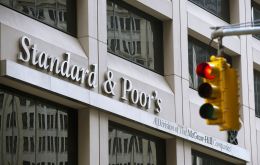
S&P said on Friday it may lower Argentina's long-term foreign currency rating from its current B+ grade, which is four notches below investment grade -- and on par with Turkey, Greece and Fiji. The ratings company cited the risk of worsening creditworthiness and exchange rate volatility as potential threats to the economic adjustment measures undertaken by Mauricio Macri’s administration.
-
Thursday, August 30th 2018 - 08:29 UTC
Migrants returning to Venezuela following Maduro's promise of jobs
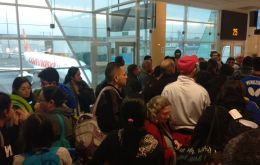
A group of Venezuelan migrants has returned home from Peru at the expense of Nicolas Maduro's government. Facing an exodus from Venezuela, Maduro had proclaimed his countrymen “won't be slaves to anyone in the world.”
-
Wednesday, August 22nd 2018 - 09:00 UTC
Venezuelan businesses shut down shops to protest last monetary measures
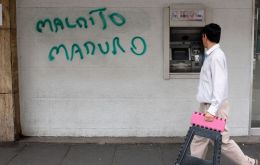
Venezuela's streets were quieter than normal on Tuesday, as a currency devaluation and package of economic measures by populist president Nicolas Maduro went into effect, and the opposition asked storekeepers to shut up shop in protest. Venezuela on Monday cut five zeros from prices and pegged the country’s currency to an obscure state-backed cryptocurrency, as part of a broad set of measures meant to address hyperinflation and an economic crisis.
-
Tuesday, January 2nd 2018 - 10:20 UTC
Hyperinflation that degrades any salary increase
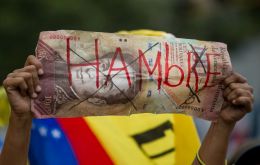
A new salary increase arrived to Venezuela -the seventh in a year-, but the purchasing power of Venezuelans continues insignificant compared to the high price of low supply due to hyperinflation. While it is not possible to slow down the variation of prices in the different products of the basic basket, any wage increase is insufficient and exacerbates the problem. In one year, salary increased 511%, while inflation in 2017 closed at 2.735%, the highest in the world.
-
Friday, December 22nd 2017 - 23:09 UTC
Venezuela's shortage of cash means big business for some
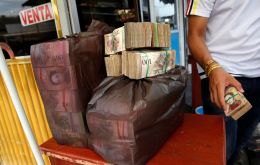
In view of the hyperinflation in their country, Venezuelans have developed “creative” forms of business.
-
Tuesday, August 9th 2011 - 21:09 UTC
Argentina (and South America) “prepared to face rich countries economic crisis”
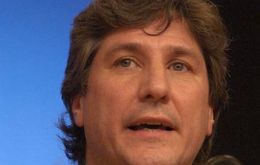
Argentina’s Minister of Economy and President Cristina Fernández de Kirchner running mate for the upcoming presidential elections Amado Boudou stressed Tuesday that the country is ready to face the recent international economic crisis that has pushed world markets down for the past week.
-
Wednesday, July 27th 2011 - 03:59 UTC
“Dilma is completely able of running the country”, says Lula da Silva
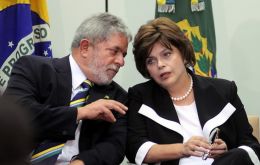
Brazilian former president Lula da Silva criticized rich countries for their roll on the current economic crisis that has been changing the world’s economic map and once again came out forcibly in support of President Dima Rousseff.
-
Wednesday, June 1st 2011 - 08:34 UTC
Mix of Belgian sacrifices and banks rolling over expiring bonds, proposal for Greece
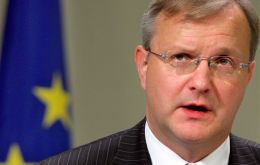
European Union’s top economic official said a solution to keeping Greece solvent is combining bold deficit cuts reminiscent of Belgian sacrifices in the 1990s and willingness by lenders to roll over expiring bonds, adapting what was done in Eastern Europe two years ago.
-
Wednesday, June 30th 2010 - 20:55 UTC
Cuban president sacks another (inefficient) minister: Light Industry
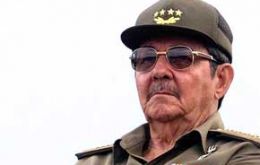
Cuban president Raul Castro sacked Light Industry minister Jose Hermandez, the latest of an on-going cabinet reshuffle with the purpose of implanting a policy of import-substitution to address the growing economic crisis.
